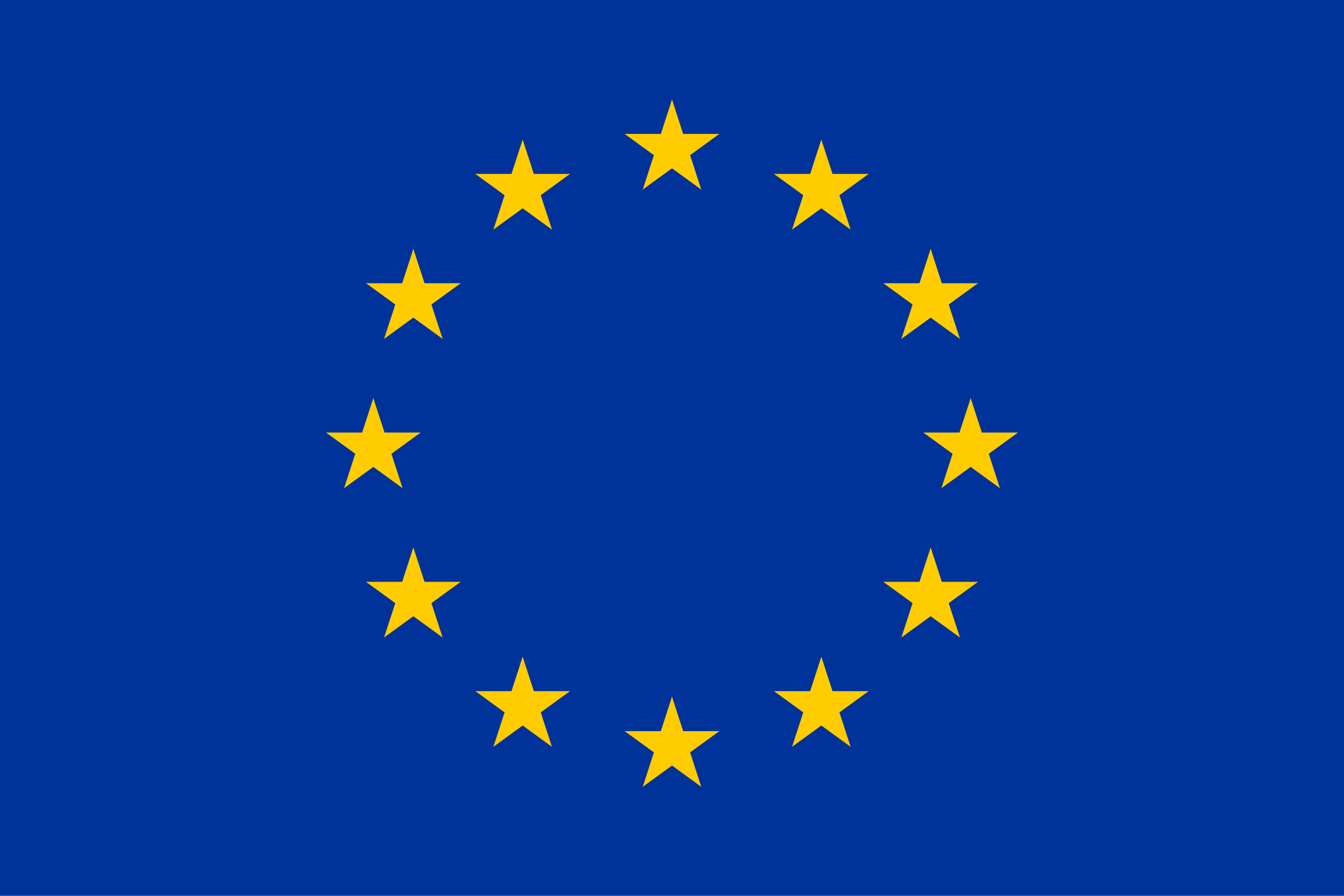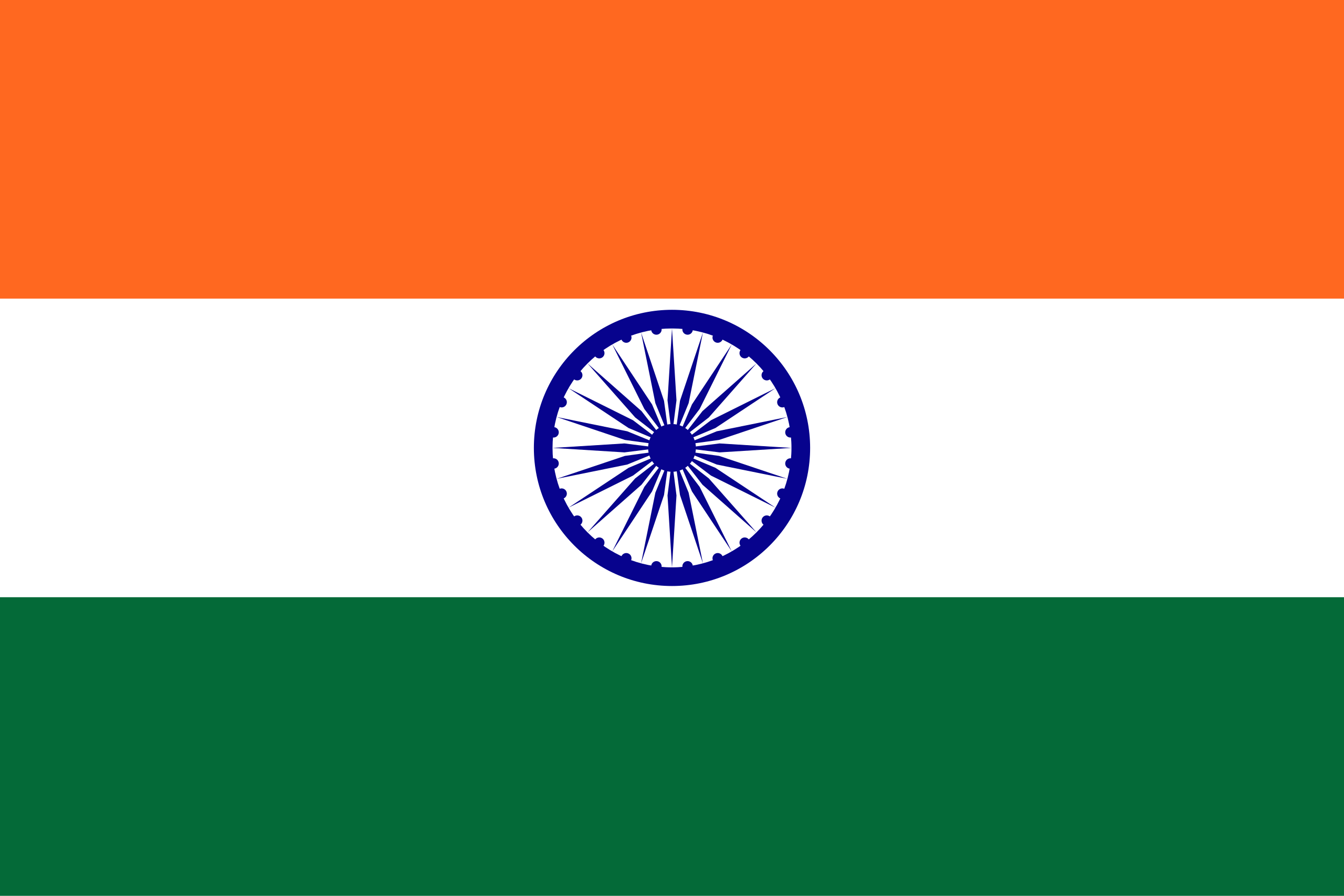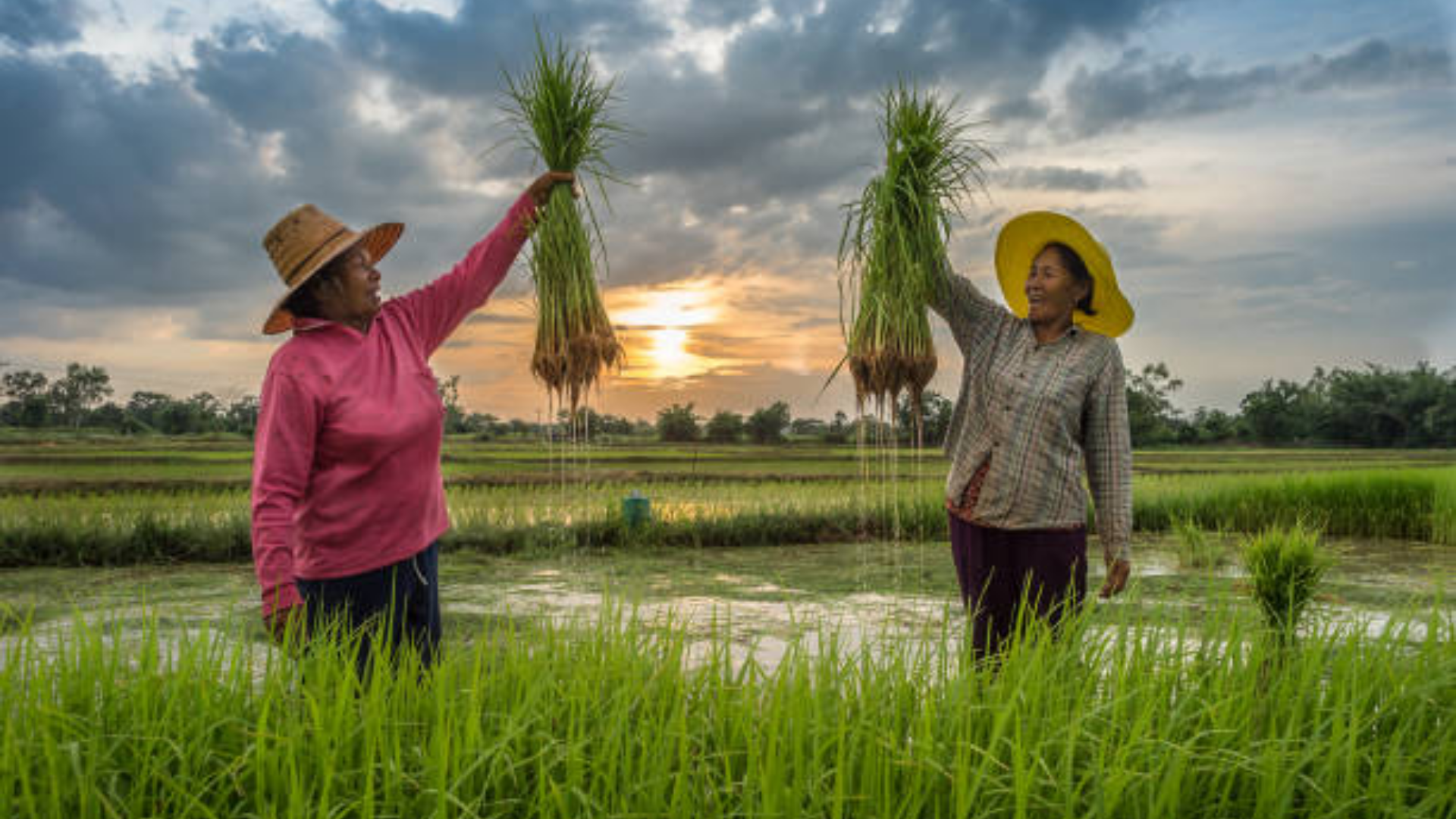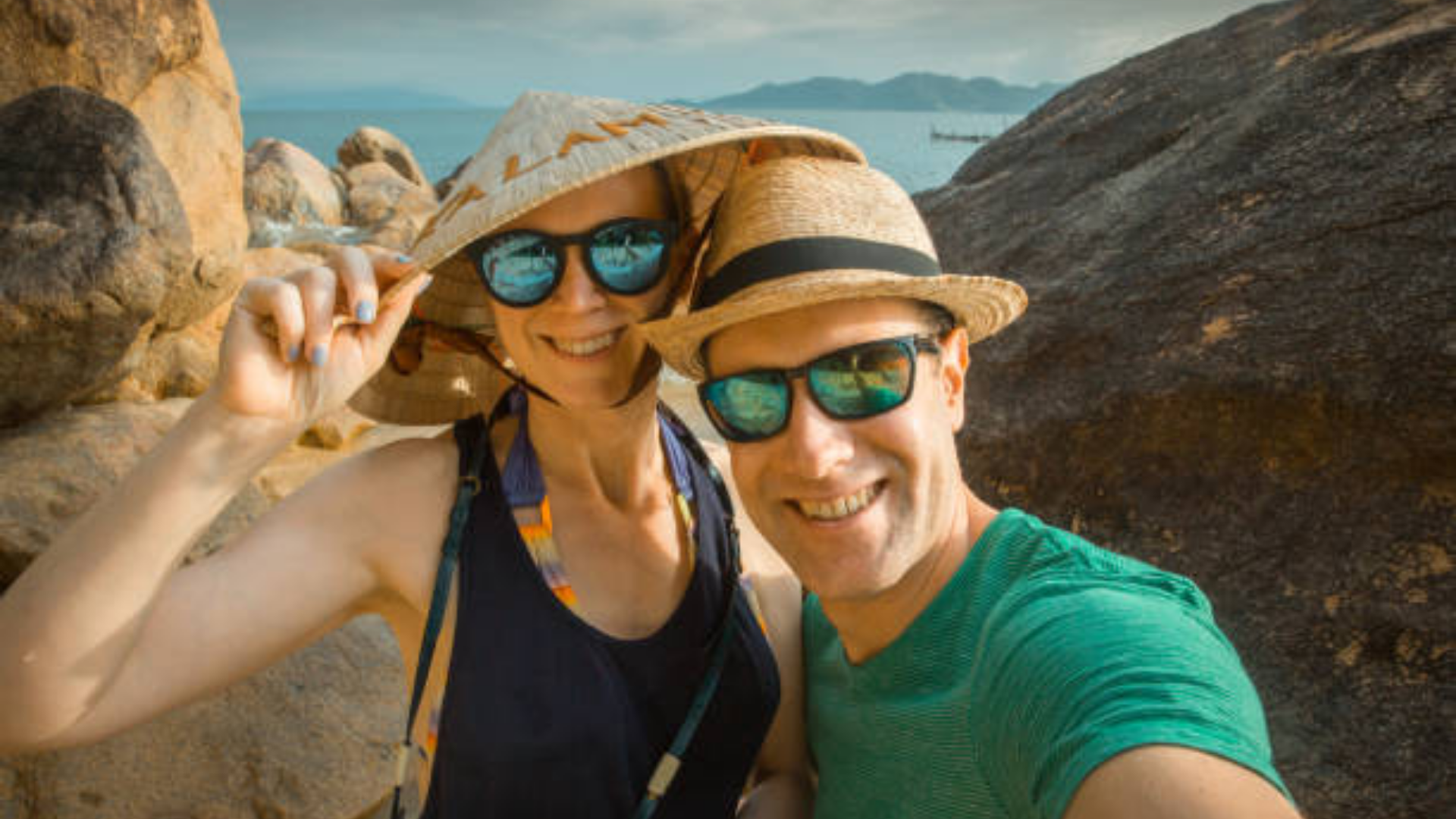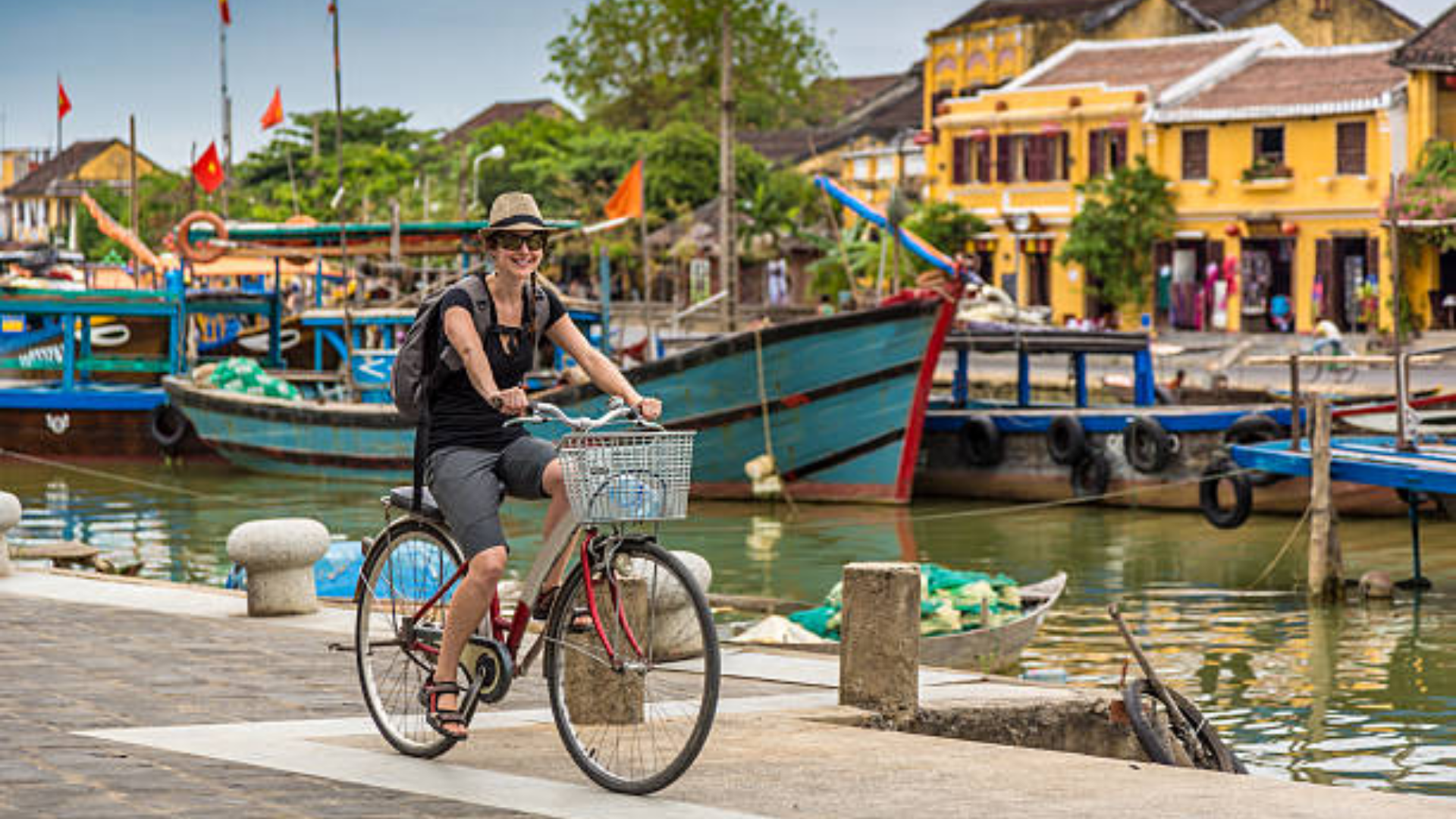What is a Vietnam eVisa, and who is it for?
The Vietnam eVisa is an electronic visa, which means you can apply online without having to visit an embassy or consulate.
Who is the Vietnam eVisa for?
This eVisa is available to anyone who is not a Vietnamese citizen and does not come from a visa-free country.
This comprises Australians, New Zealanders, Singaporeans, South Africans, South Koreans, Japanese, Russians, Filipinos, and others.
Who is not eligible for a Vietnam eVisa?
While the eVisa is open to everyone, the following categories are visa-exempt:
Chile, Panama, Cambodia, Indonesia, Kyrgyzstan, Laos, Malaysia, Singapore, Thailand, Philippines, Brunei, Myanmar, Belarus, Denmark, Finland, France, Germany, Italy, Japan, Norway, Russia, South Korea, Spain, Sweden, the United Kingdom (with the exception of British National Overseas passport holders), and Kazakhstan.
Travellers visiting Phu Quoc Island for up to 30 days.
APEC Business Travel Card (ABTC) holders with valid passports can visit for up to 60 days.
Overseas Vietnamese, their spouses and children, and the spouses and children of Vietnamese citizens are all granted a 5-year visa exemption.
What is the aim of the Vietnam eVisa?
This eVisa allows international visitors to enter and stay in Vietnam for a certain time, usually for tourism, business, or transit.
How long can you stay on a Vietnam eVisa?
The eVisa is valid for up to 90 days and allows for either single or multiple entries.
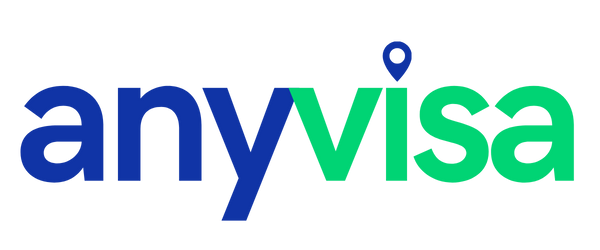

.svg.png)
